Start Your Recovery Journey: A Guide for Beginners
Dr. Wayne Dyer and Deepak Chopra are two of the most prominent voices in the world of spirituality, personal growth, and self-discovery. Both of these thought leaders have written extensively about the power of our thoughts, feelings, and beliefs in shaping our reality, and their teachings can be particularly helpful for those in early recovery from addiction.
At the core of both Dr. Dyer and Chopra’s philosophies is the belief that our thoughts and beliefs are closely tied to our experiences and outcomes in life. They both emphasize the importance of developing positive, empowering beliefs that help us to see the world in a more positive light, and to build a foundation of resilience and hope that can sustain us in difficult times.
For those in early recovery, this kind of mental and emotional shift can be incredibly helpful. For many people who are struggling with addiction, negative thoughts, self-doubt, and feelings of hopelessness can be major obstacles to progress and healing. By incorporating the teachings of Dr. Dyer and Chopra into your recovery journey, you can start to shift these patterns and build a foundation of self-awareness, self-love, and self-compassion that can support your healing and help you to stay sober.
How to Get Started on Your Recovery Journey
Starting a journey of recovery from addiction can feel overwhelming, especially if you’re not sure where to begin. However, incorporating the teachings of spirituality leaders like Dr. Wayne Dyer and Deepak Chopra can help to support you as you work towards lasting sobriety and personal transformation. Here are some steps to get you started on your recovery journey:
- Incorporate Deepak Chopra’s Teachings
- Start a daily meditation practice
- Practice visualization and mindfulness
- Focus on connecting with your inner self
- Seek balance in your thoughts and feelings
- Apply Dr. Wayne Dyer’s Approach
- Engage in positive self-talk
- Identify and change negative thought patterns
- Visualize a positive future
- Harness the power of the mind to shape your experiences
- Create a Daily Practice
- Attend AA meetings
- Meditate
- Journal
- Find a balance that works for you
- Make it a non-negotiable part of your daily routine
Start a Daily Mindfulness or Meditation Practice
One of the first steps in your recovery journey should be to start a daily mindfulness or meditation practice. This can help you to connect with your inner self and build a more positive, empowered outlook on life. Meditation and mindfulness are powerful tools that can help you to cultivate a sense of inner peace, self-awareness, and emotional balance, even in the face of adversity.
There are many different types of mindfulness and meditation practices to choose from, so you’re sure to find one that resonates with you. Some popular practices include:
- Transcendental meditation
- Mindfulness meditation
- Loving-kindness meditation
- Body scan meditation
Regardless of the type of practice you choose, it’s important to make time for it every day, even if it’s only for a few minutes. This will help to anchor your practice and make it a part of your daily routine.
Read and Study Their Work
Another important step in your recovery journey is to read and study the work of Dr. Dyer and Deepak Chopra. Whether you’re reading one of Dr. Dyer’s books or watching a Deepak Chopra video, taking time to understand and internalize their teachings can be a powerful way to shift your mental and emotional state.
As you read and study their work, focus on their teachings around positive beliefs and the power of the mind. Pay attention to how they emphasize the importance of developing positive, empowering beliefs that help you to see the world in a more positive light and build a foundation of resilience and hope that can sustain you in difficult times.
Find a Supportive Community
Joining a support group, like AA or a therapy group, can be a valuable step in your recovery journey. Being part of a community of people who share your goals and challenges can provide you with support, guidance, and encouragement along the way.
In addition to support groups, you may also want to consider finding a mentor or a coach who can help you to navigate your recovery journey and provide you with additional support and guidance. This person can help you to stay focused and motivated, and offer you practical tips and strategies for dealing with difficult situations and setbacks.
Focus on Developing Positive Beliefs
One of the key teachings of Dr. Dyer and Deepak Chopra is the importance of focusing on positive, empowering beliefs and letting go of limiting, self-defeating thoughts. To help you get started on this aspect of your recovery journey, begin to challenge negative thoughts as they arise and replace them with positive affirmations that support your growth and healing.
Write down your positive affirmations and read them every day, either out loud or in your mind. Repeat them until you start to believe them, and focus on how they make you feel. Over time, your positive affirmations will become a powerful tool for shifting your beliefs and building a foundation of self-awareness, self-love, and self-compassion.
By following these steps and incorporating the teachings of Dr. Dyer and Chopra into your recovery journey, you can start to build a foundation of mental and emotional strength and resilience that can support you as you work towards lasting sobriety and personal transformation.
Counter Argument and Risks
While the teachings of Dr. Wayne Dyer and Deepak Chopra have been instrumental in helping individuals overcome addiction and find inner peace, it is important to acknowledge that their approach may not be suitable for everyone. The emphasis on spirituality and personal responsibility can be challenging for those who are skeptical or have different religious beliefs. Additionally, some individuals may struggle with the idea of surrendering control to a higher power or the universe.
Another risk of relying solely on the teachings of these spiritual leaders is the lack of structured support. Unlike Alcoholics Anonymous, which offers a 12-Step program with a strong support system, individuals following the teachings of Chopra and Dyer may find it more difficult to stay on track and maintain their sobriety without the guidance and accountability provided by AA.
Additionally, it is important to note that spirituality is not a cure for addiction and should not be relied on as a sole form of treatment. While it can play a valuable role in recovery, it is crucial for individuals to also seek professional help, such as therapy or medication-assisted treatment, in order to fully address the root causes of their addiction.
While the teachings of Dr. Wayne Dyer and Deepak Chopra can be a powerful tool for individuals seeking to overcome addiction, it is important to be aware of the potential risks and limitations of relying solely on this approach. It is recommended to approach recovery with a holistic approach that incorporates both spiritual practices and professional support.










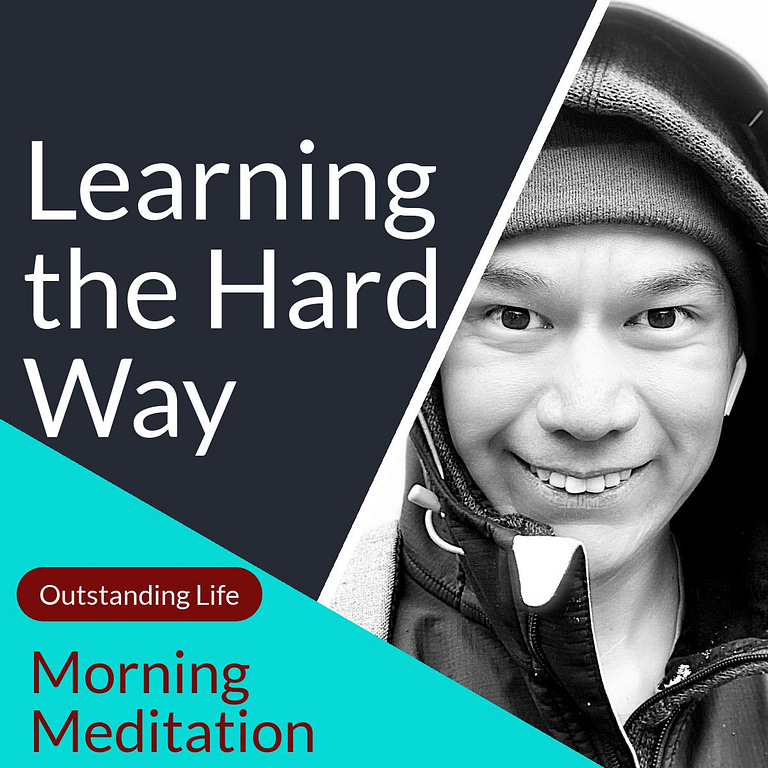
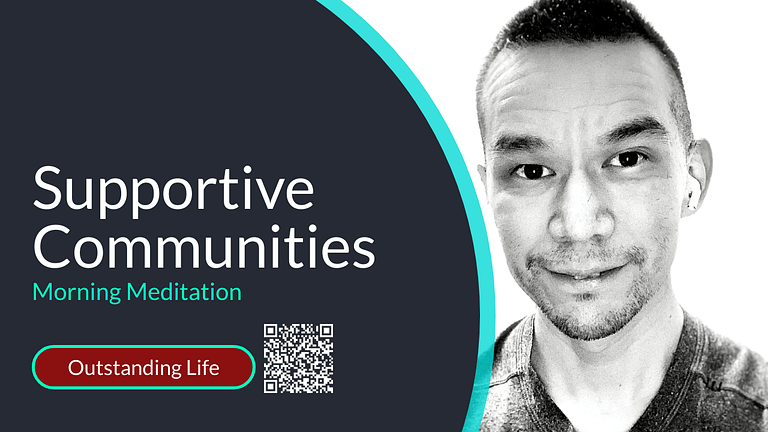
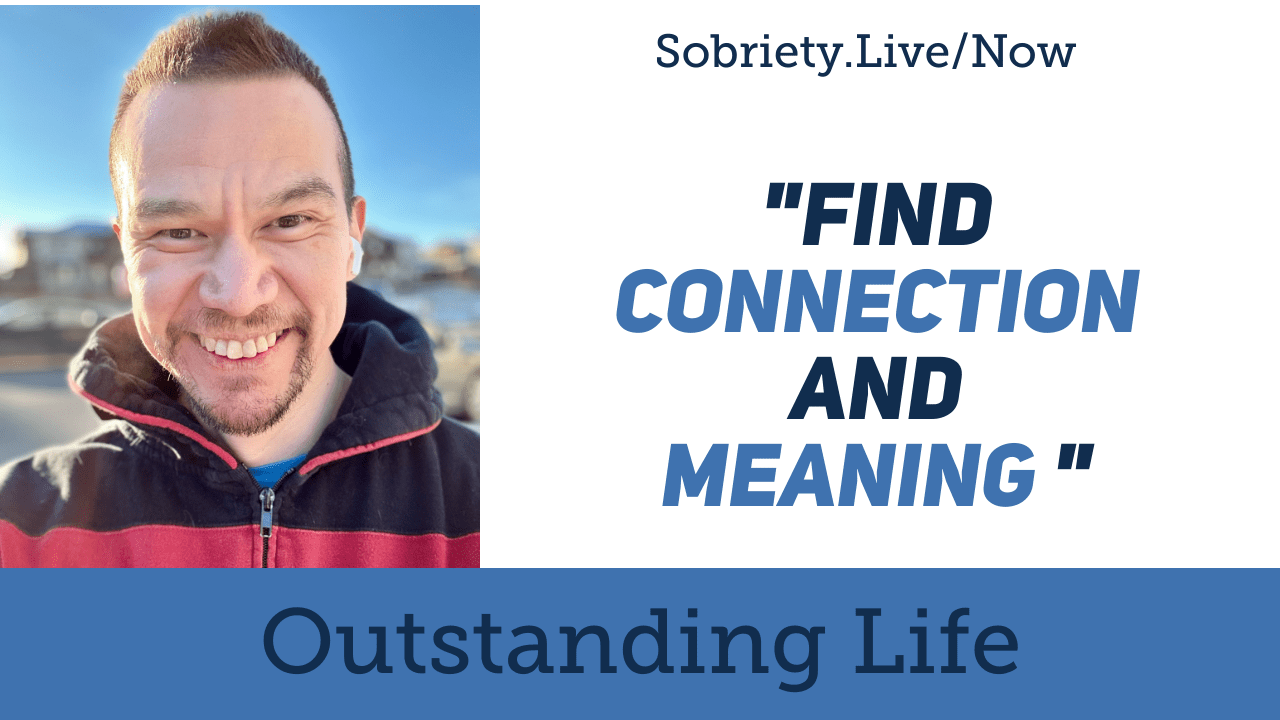
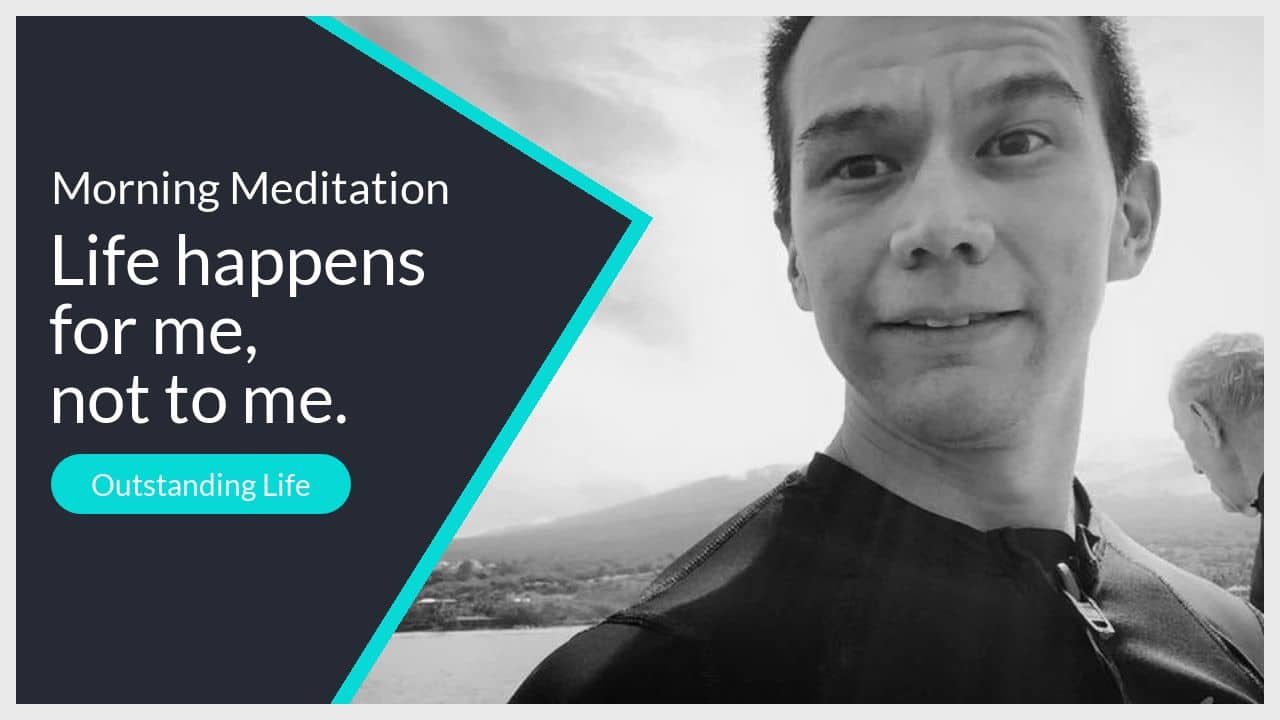
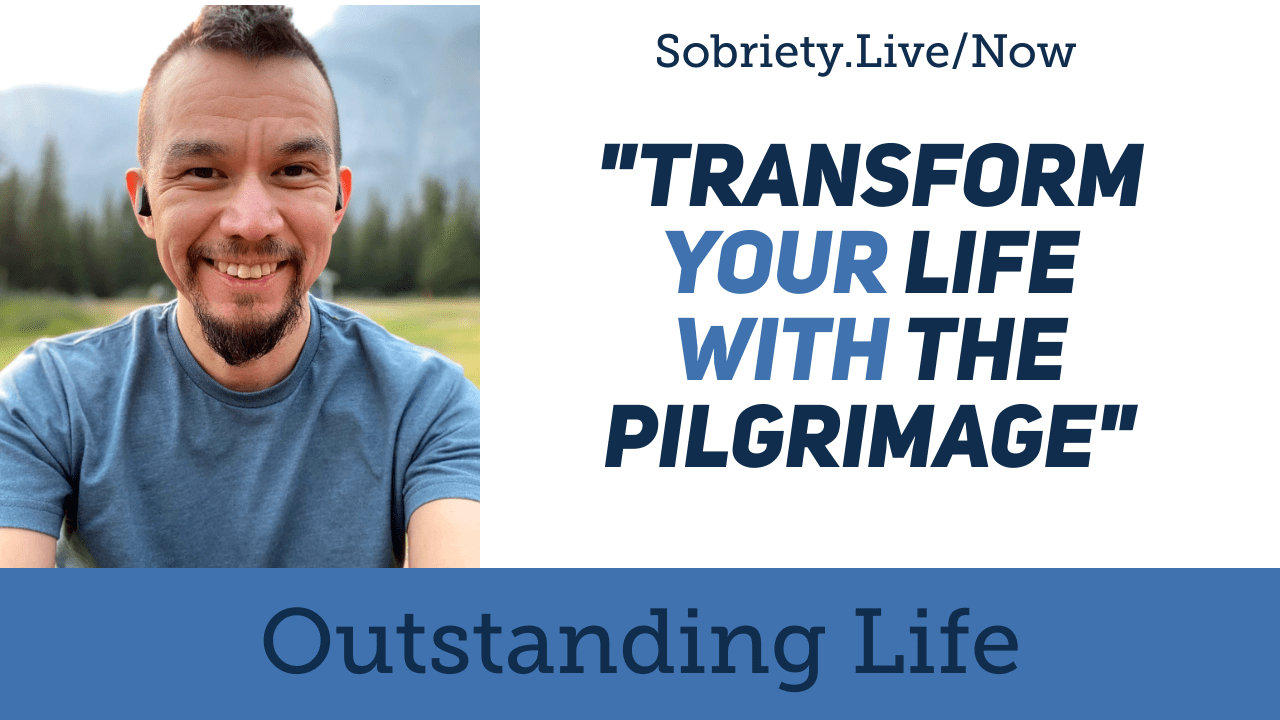
You must be logged in to post a comment.